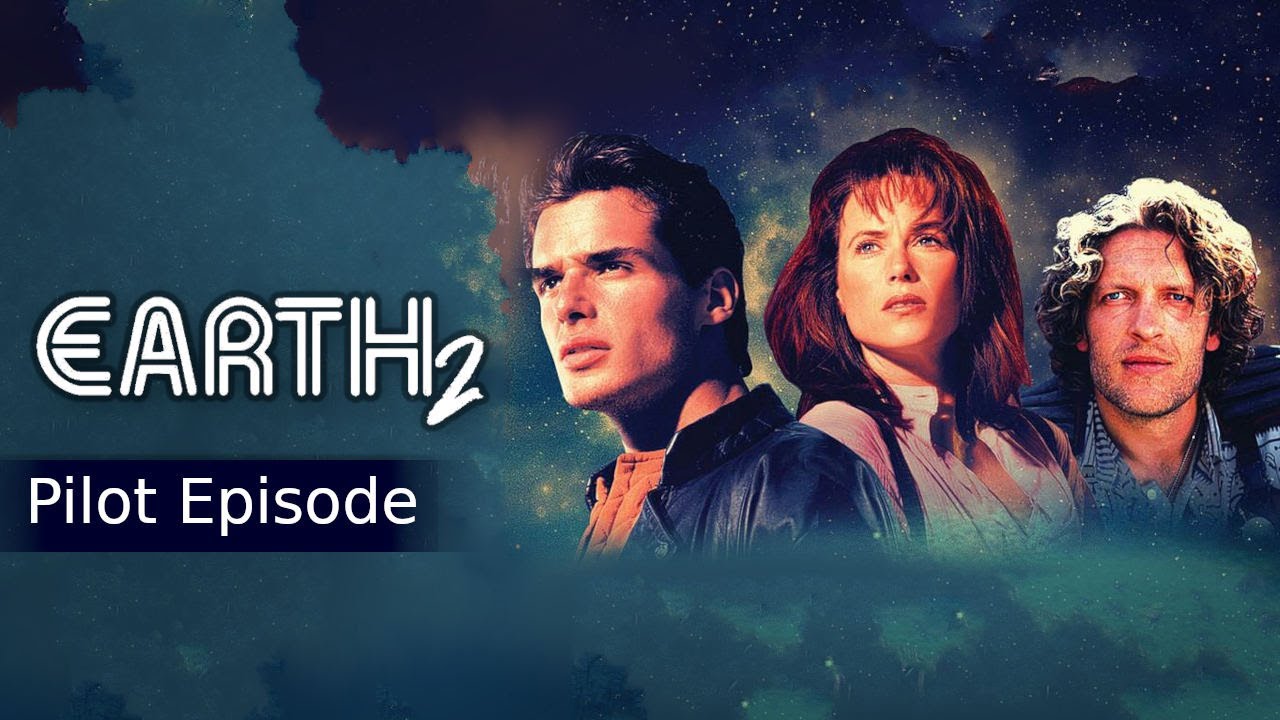I’m not yet able to post new conversations, so while the following doesn’t quite fit this thread it’s an expansion of this current post:
Software has some of the most profound influences on human beings of any industry. Social media algorithms impact how people vote in elections, shape our self-image, and play a role in who we relate with. Blogs allow people to socialize, apps offer recreation, and advertising collects data on human behavior. Nearly every piece of technology, person facing or not, can alter the thinking of an individual and shape the larger community. And all of it is created by coders who don’t follow any set of ethical guidelines to ensure a standard of …
In 1847 a code of ethics was established for physicians, in1953 the American Psychological Association created a code of ethics for psychologists and more recently in 2003, one was created for educators. Arguably, none of these professions has as much influence over our entire population as do coders or programmers.
“Illnesses that affect brain function — including mental health conditions, substance abuse and neurological disorders — are estimated to cost the global economy $5tn per year (roughly the size of the German economy in nominal terms today). That’s expected to rise to $16tn by 2030.”
Brain capacity is also being squeezed. “Our mental lives are more fragmented and scattered than ever before,” said Dan Nixon, an expert on the “attention economy” — which models attention as a scarce resource in high demand. “Apps, alerts and notifications are locked in a constant battle to capture and monetise our gaze.”
Data deluge is an insidious threat to our mental health. Our bandwidth is being tested, straining our capacity to process information, synthesize data, and still have time for meditative thought, responsible for creativity (problem-solving).
It is estimated the digital universe doubles in size every two years, with 2.5 quintillion bytes of data created every day. Much of that is available with a click, with people of all ages streaming data in all forms, all day long. Daily screen time across devices — such as computers, laptops, tablets, mobile phones, televisions and game consoles — increased from 9 hours in 2012 to 11 hours in 2019, with time spent on mobile phones increasing by roughly two hours, according to a global study.
This is simply the tip of the iceberg, which instead of melting before our eyes is gaining in size and speed. With quantum computing on the horizon, the world will soon be faced with even more complex choices testing our value system without any safety net. Do the people who are hired to do this work bear any of the responsibility for how it is used?
